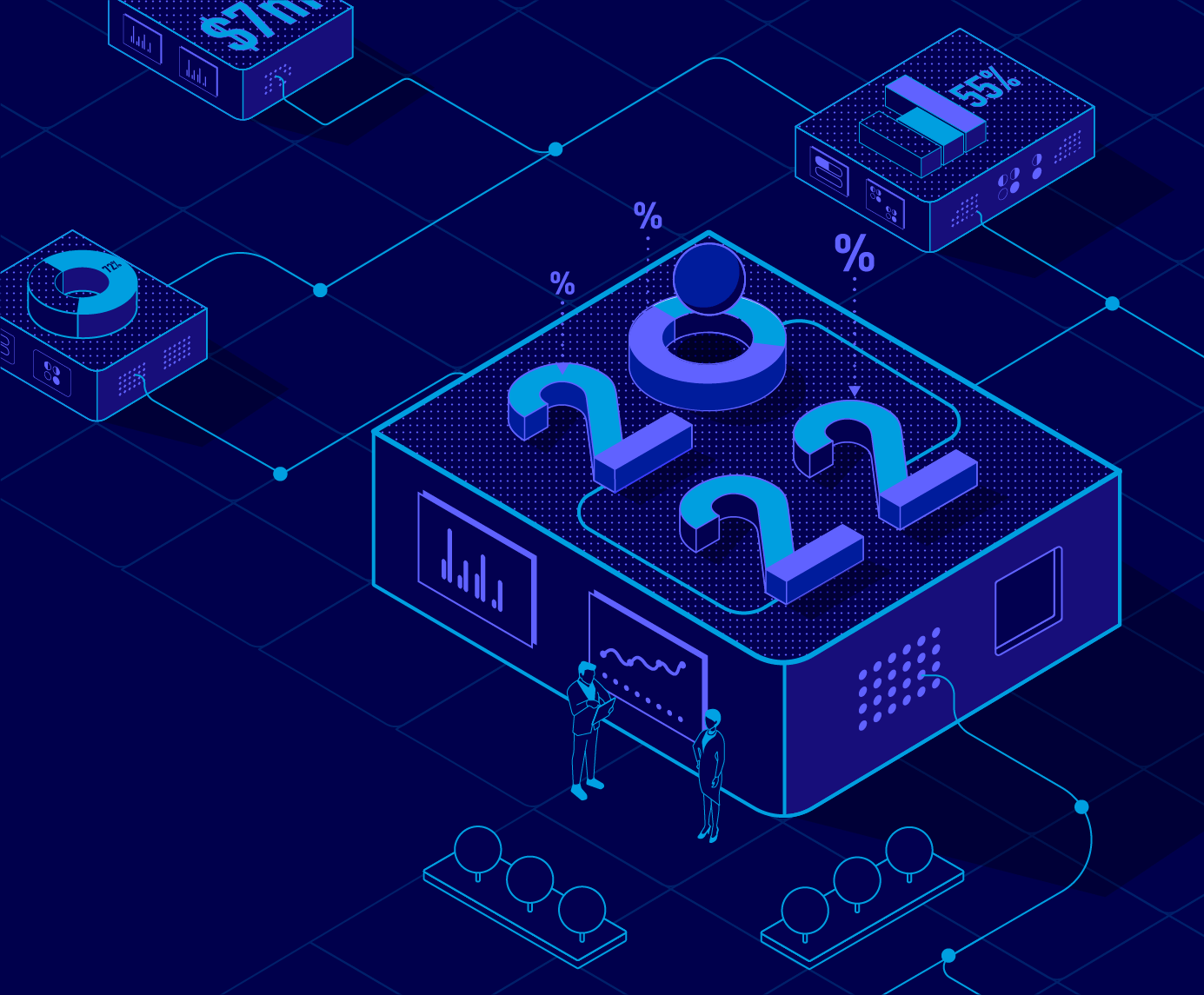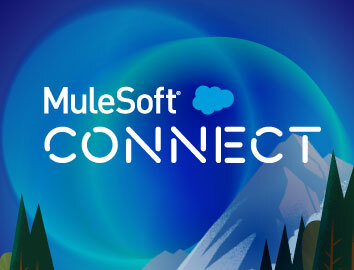Glossary of Terms Used In This Workshop
Term |
Definition |
Adverse Event Report (AER) |
A report to the FDA of any undesirable experience associated with the use of a medical product. Its focus is on serious adverse events, which are adverse events with a patient outcome of any of the following: death, life-threatening injury, hospitalization, disability or permanent damage, congenital anomaly or birth defect, and other serious outcomes. |
API |
Application Programming Interface. A software intermediary that allows two applications to talk to each other. |
API Implementation |
An application that is based on an API Specification. It is a deployable asset that performs the operations that were defined in the API Specification. |
API Specification |
An API specification provides a broad understanding of how an API behaves and how the API links with other APIs. It may also be referred to as an API Definition |
Application Network |
An application network is a way to connect applications, data and devices through APIs that exposes some or all of their assets and data on the network. That network allows other consumers from other parts of the business to come in and discover and use those assets. |
CMS |
Centers for Medicare & Medicaid Services. |
Eclipse |
Eclipse is an open source based, integrated development environment (IDE) used by numerous software vendors. It is the foundation of MuleSoft’s Anypoint Studio. It contains a base workspace and an extensible plug-in system for customizing the environment. |
Markdown |
Markdown is a text-to-HTML conversion tool for web writers. Markdown allows you to write using an easy-to-read, easy-to-write plain text format, then convert it to structurally valid XHTML (or HTML). |
Medical Information Request (MIR) |
Any unsolicited request from a Healthcare Professional (HCP) for medical, scientific, or technical information that cannot be answered based on the particular product’s current prescribing information, or Instructions for Use (IFU), as cleared or approved by the appropriate competent regulatory authority (e.g. Food and Drug Administration (FDA), or other local authority). |
OAS / Swagger |
The OpenAPI Specification (OAS, also referred to as Swagger) defines a standard, programming language-agnostic interface description for HTTP APIs, which allows both humans and computers to discover and understand the capabilities of a service without requiring access to source code, additional documentation, or inspection of network traffic. |
ONC |
Office of the National Coordinator for Health Information Technology. |
RAML |
Restful API Modeling Language is a YAML-based language for describing RESTful APIs. RAML is native to the MuleSoft platform. It can be compared to OpenAPI Specification (OAS, also referred to as "Swagger"), which is another API modeling language. |
REST |
REST stands for REpresentational State Transfer and was created by computer scientist Roy Fielding. It is a set of architectural constraints, not a protocol or a standard. API developers can implement REST in a variety of ways. |
YAML |
YAML (Yet Another Markup Language) is commonly used for configuration files and in applications where data is being stored or transmitted. YAML targets many of the same communications applications as Extensible Markup Language (XML) |




